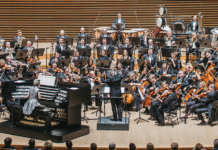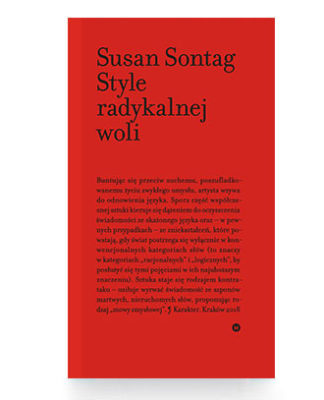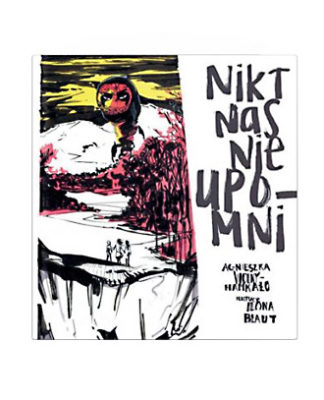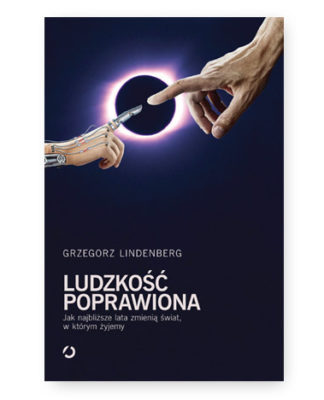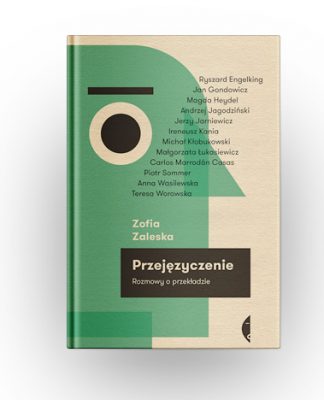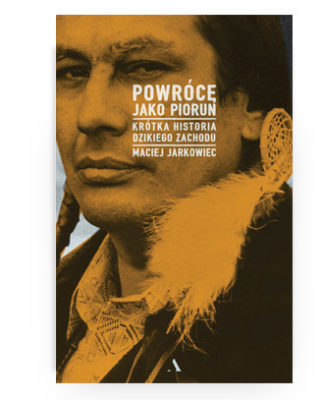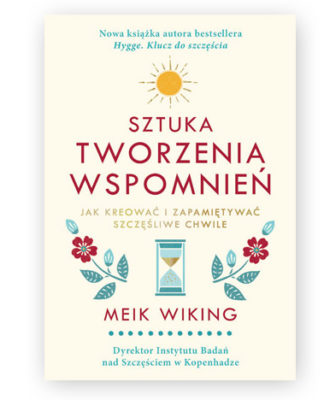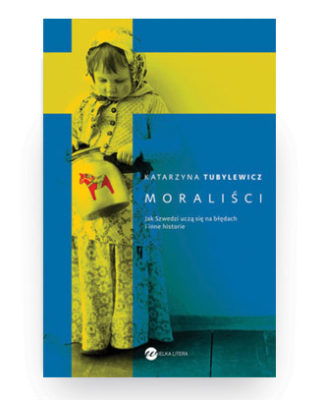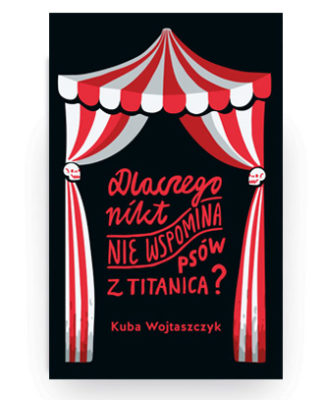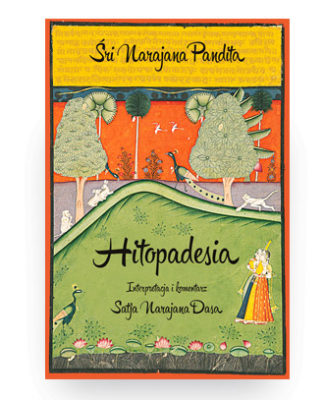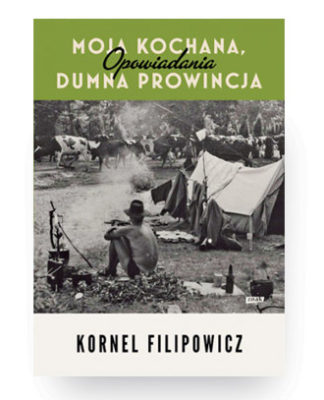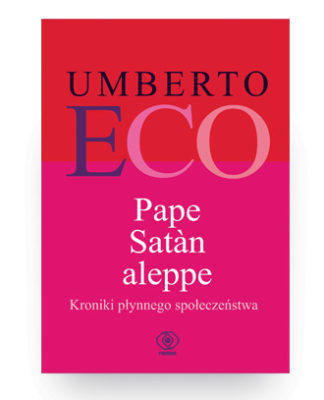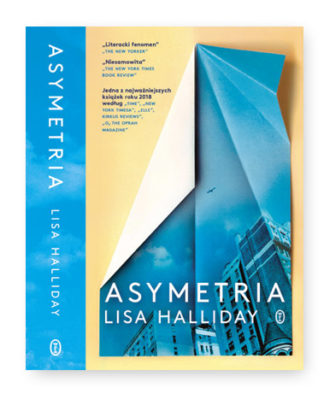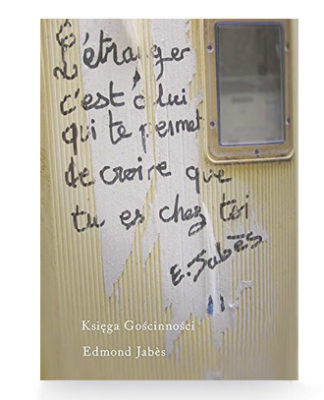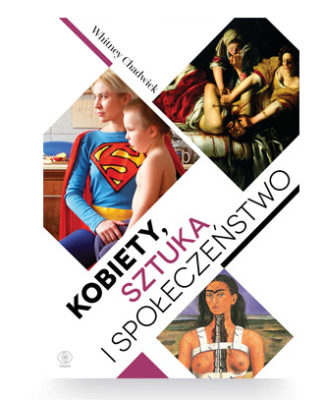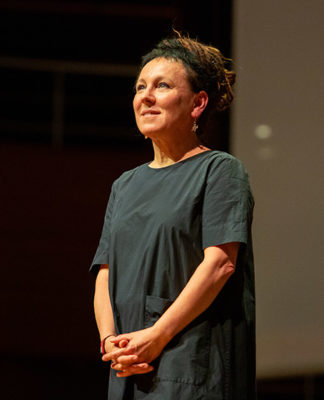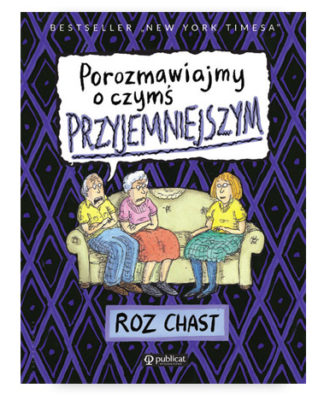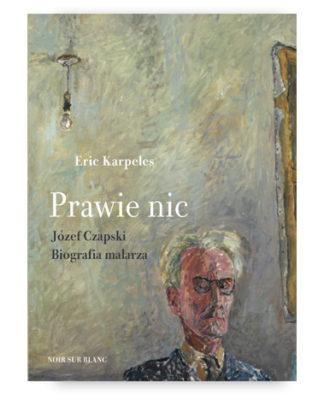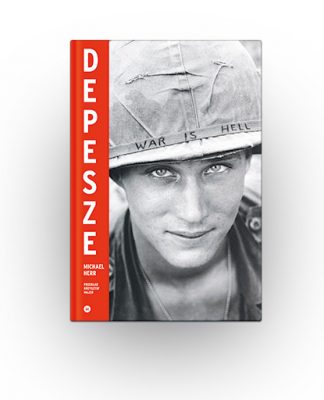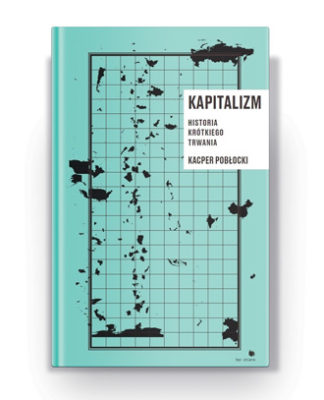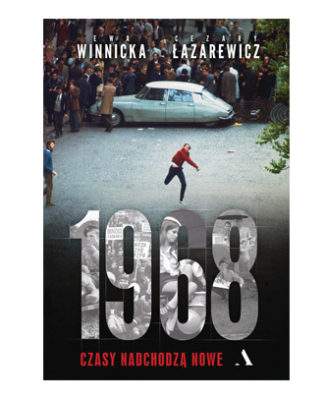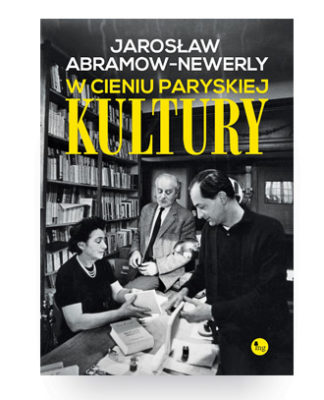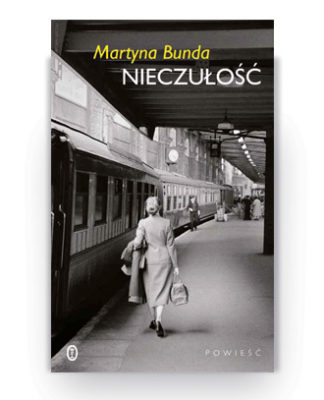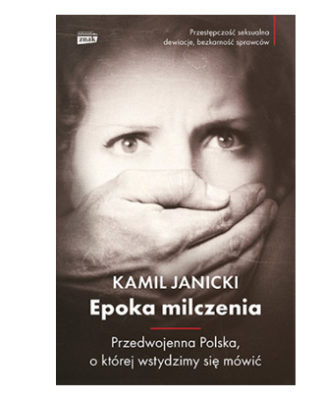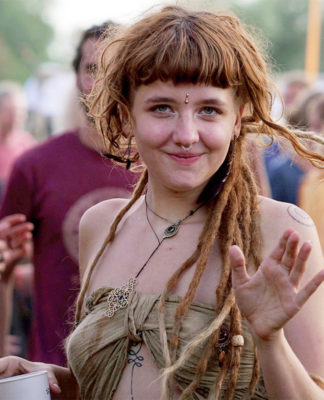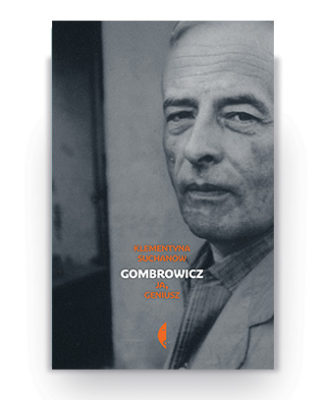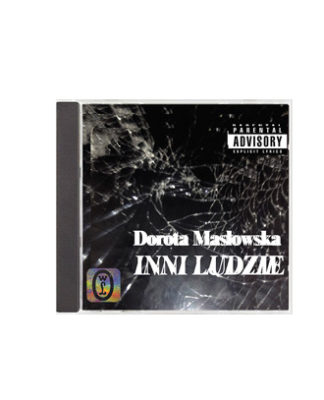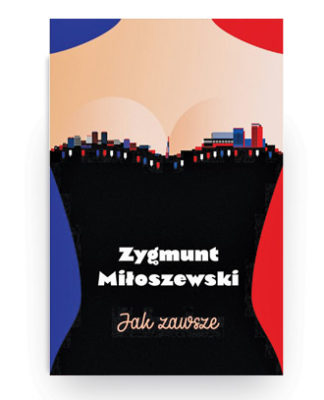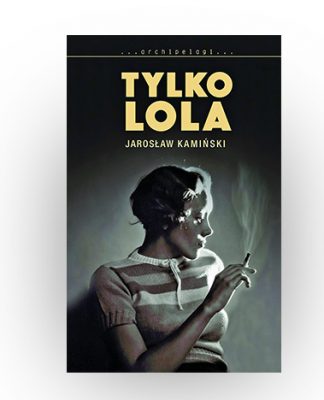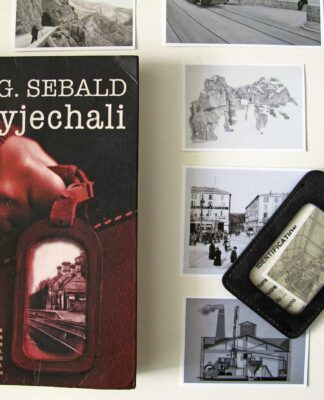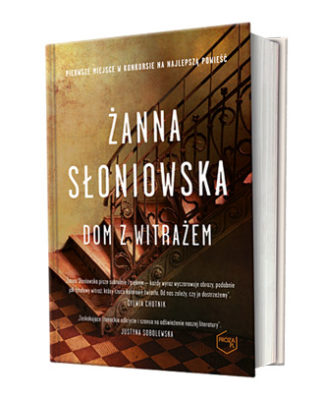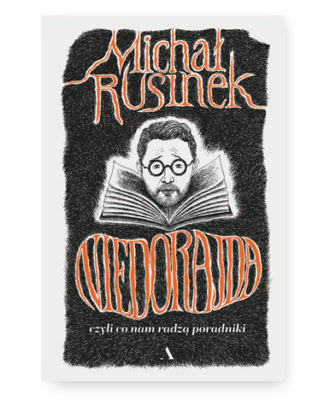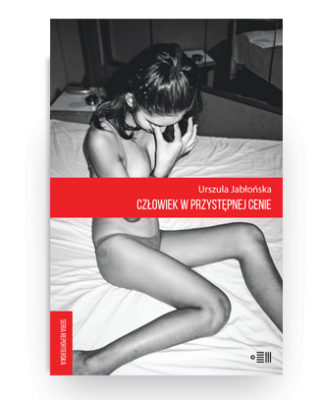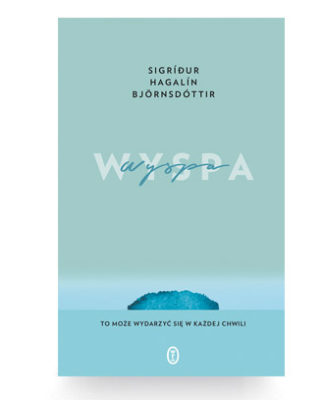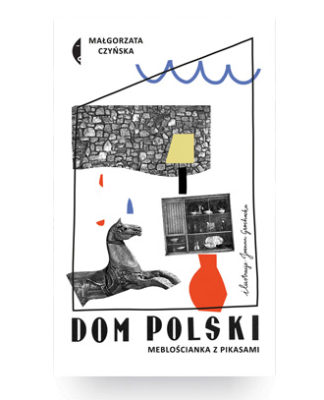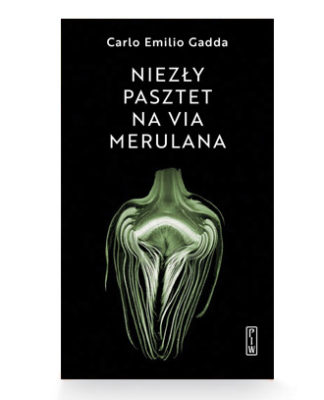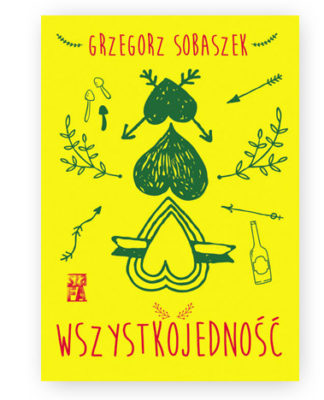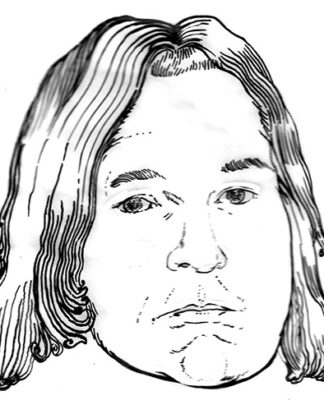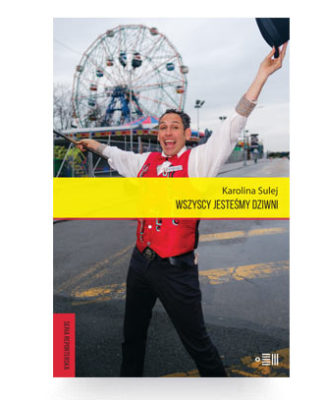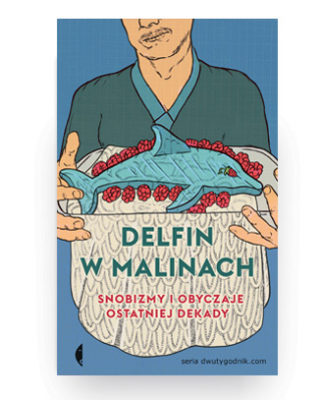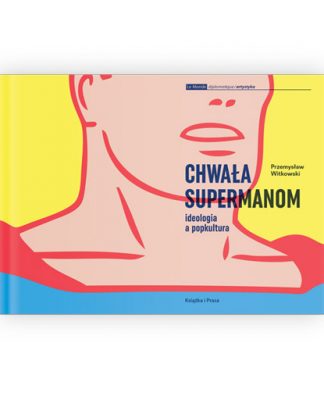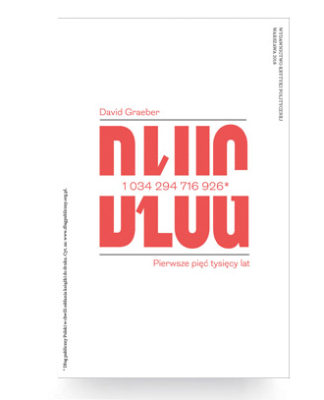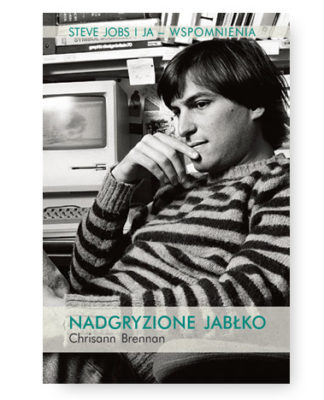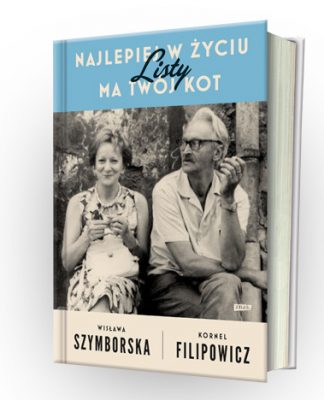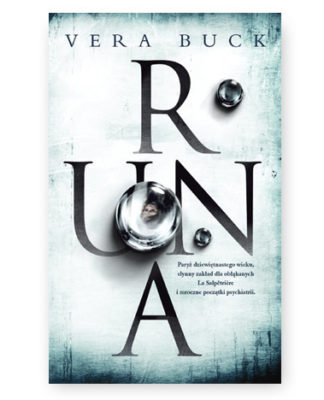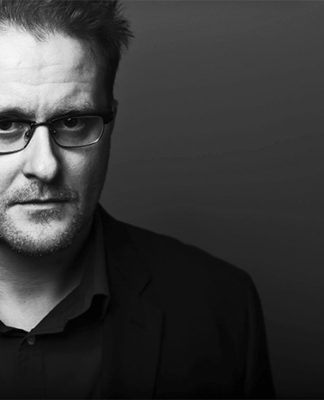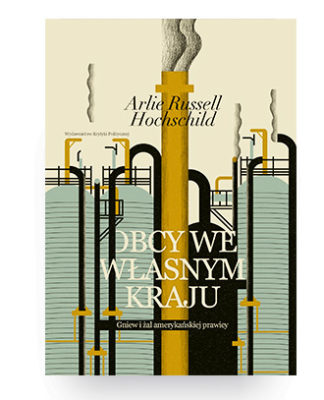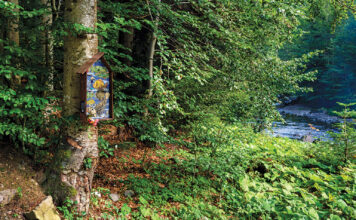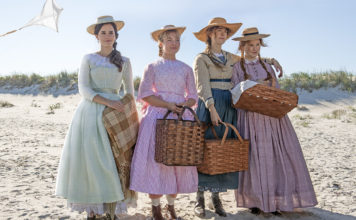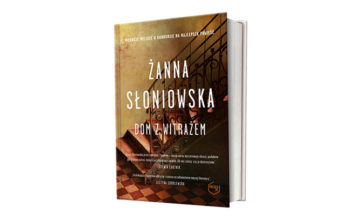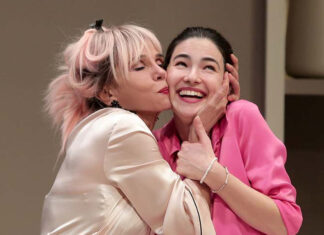Every day presents an actor with new challenges. Some are more unusual than others. Imagine performing in a language you don’t understand; or performing through your presence alone, without uttering a word. These are the sorts of challenges Danuta Stenka has faced.
Text: Marzena Mikosz
Danuta Stenka needs no introduction. Last June, she packed her suitcase and accepted an invitation from the Schauspielhaus Zürich. On the banks of the Limmat, she appeared in two very different productions – the monodrama Request Concert and a new improvised version of Chekhov’s The Cherry Orchard. Perhaps it wouldn’t be so unusual, were it not for the fact that Stenka doesn’t speak a word of German. In 1991, Izabela Cywińska described her as modest, contemplative, hardworking and always developing. 30 years later, those words still ring true.
Are you a homebody or do you get itchy feet?
That’s an interesting question. Recently, I guess I’ve enjoyed staying in. Although I must admit that I’ve lived out of a suitcase for a lot of my life. At least, that was the case until recently. They were usually work-related trips. I particularly liked our long tours with the theatre, mainly abroad; or those trips with the entire crew, when we were filming outside Warsaw. And then there were those when I didn’t have to rush home to do chores and we could hang out and talk late into the night.
However, your trips last year and early this year were completely different, weren’t they?
Oh yes! Life afforded me an adventure I hadn’t experienced before, and I probably never will again.
You embraced the challenge and, without knowing the language, you became a company member of the Schauspielhaus Zürich.
To be honest, I didn’t know what I was getting myself into. I dove into the deep end, without any idea if I’d sink or swim. I went to Zürich at the invitation of director Yana Ross. She offered me the role of Ranevskaya in Chekhov’s The Cherry Orchard. It was to accompany the transfer of my monodrama Request Concert to the Schauspielhaus stage, which she was going to direct. I’d previously performed abroad in other languages, including German, but in movies. This was something completely different.
How did your collaboration with Yana come about?
After the premiere of The Other Woman by Grzegorz Jarzyna at TR Warsaw in 2015. It always takes me a while to come down from a performance, especially after a premiere. I sat exhausted in the empty dressing room, taking off my makeup, when Krzysztof Warlikowski and Magda Maciejewska knocked on the door. They convinced me to come to the after-show reception, because people were waiting to talk to me. I went there for 20 minutes and that’s where I met Yana. We were introduced to each other; she had a few nice things to say and then added that she wanted us to work together. I replied that that would be nice, but I have heard that so many times and it’s come to nothing, so I didn’t hold my breath. To my surprise, a concrete offer arrived shortly thereafter.

Your first monodrama?
Exactly! For years I’d been told I should do a monodrama. Finally, after performing in Vladimir Sorokin’s Ice directed by Konstantin Bogomolova at the National Theatre, which was actually one huge monologue, I felt that I was ready to take on the challenge. And then, right on cue, Bartosz Szydłowski, the director of the Łaźnia Nowa Theatre, offered me the Request Concert (in cooperation with TR Warszawa and Festiwal Boska Komedia). The time was right.
But you were in for a surprise when Ross set another challenge for you, wasn’t there?
Of course, I’d asked for the script (laughs). I opened it up and started reading – her character description, appearance, current situation, apartment, furniture, her habits, the things she did … stage direction after stage direction after stage direction, right up to the END. I freaked out. My God! It wasn’t enough that I was about to carry an entire show, but I didn’t have a single word to say. I was going to bore the audience to death!
And to make your life even easier, Yana or the set designer Simon Biekšaitė removed all the walls.
To tell you the truth, I don’t know whose idea that was. I just remember that when I was shown the design, I felt an even deeper sense of dread. Reading the script, I’d imagined a traditional proscenium stage, from which I’d communicate with the audience through the usual fourth wall. Instead, I found myself on a small 5×5 metre platform in the round, with the audience on all sides.
I got the impression that the audience also had a role to play in the Concert. The viewers were close to you, and yet at arm’s length. As a result, even though you were surrounded by people, you still seemed lonely.
During the performance, viewers stand all around. What’s more, they are encouraged to walk and find the best vantage point for watching the show. And because of the intimacy of the stage, viewers can not only see the character onstage, but they can also watch each other. When the performance is over, I can see the audience too. The set-up allows me to look everyone there straight in the eye. Their reactions vary. Some people are extremely bored and eagerly await the signal to leave the theatre. Others after deeply moved, and in them the performance lives on. This work was unique in every respect – a completely new experience, a challenge and a beautiful adventure. I was terrified atevery turn, but luckily my curiosity overcame my fear.
Over the last few years, the show has played in various cities around the world. Did the audiences react differently in Warsaw, Cracow, New York, Vienna or Zürich?
It’s been the same everywhere. Even in New York, where we were invited to the BAM festival. It seemed to me that our little show would die, drowned out by the musicals and huge productions. However, it was brilliantly received by the audience. And the reviews in the New York Times were great!

And in Zürich?
What surprised me the most in Zürich was the age of the audience. In Poland, the majority of viewers are young or middle-aged. However, in Zürich, I had the impression that those of my generation were among the youngest. The reactions in Poland were surprising, including the audience members entering the stage space. In Zürich, there was no need to be concerned about them disturbing the show. Nevertheless, they still stopped me in the foyer after the show, to thank me and share their thoughts on what they’d experienced. It happened on the street, on the tram or in even in a crowd made up of audience members from another performance. Once, I was even approached during a flight by an older couple, who were on the same plane as me and had seen the Request Concert in German. They were incredibly moved. After the premiere, the director of the theatre told me it we’d hit the spot in that city.
Was your work on The Cherry Orchard different?
Yes, I had to speak German!
And what unfolds is only loosely linked to Chekhov.
Yana’s Cherry Orchard, which is actually called Kirschgarten, is rooted in modern Switzerland and clearly touches on its problems. The orchard in the title does not belong to Ranevskaya, but to her husband’s family. In Yana’s version, Leo (originally Leonid) – her brother – is actually her brother-in-law, Charlotta is Karol, her lover, and Firs (the only manservant in Chekhov’s version) is a psychiatrist. As played by me, Ranevskaya is Polish – the daughter of a Jewish woman who, during the war, took refuge in her rescuer’s home and gave birth to his child. However, after the war, she returned to Poland with her daughter. The adult daughter decided to reemigrate in the footsteps of her mother. In the Zürich version, one of the characters is also the dead son of Ranevskaya, who (as in the original version) drowned as a child, yet in her mind’s eye, he is still alive and now a young man. He constantly accompanies her and they talk to each other in Polish.
From the very beginning, the audience also knows that the orchard has long been sold.
Yes, Ranevskaya is the only person who doesn’t know that. A dummy auction is a trick to get her out of Paris and undergo therapy. She’s high, so she doesn’t realise that, instead of returning home, she’s actually at a clinic she knows only too well, since it may as well have been her second home while she was married to her alcoholic husband.

You didn’t know the language, nor was it Chekhov’s original. How did you prepare for the role?
As with our previous work together, there was no text. It hadn’t occured to me that Chekhov’s play would be only the starting or reference point for Yana. I don’t speak German, but at the time of deciding to take on the role, many months before rehearsals were due to start, I was sure I’d be able to memorize my text as translated and know it by heart by the time we started rehearsing. However, it turned out that Yana likes to create her stories through improvisation. That is how the text of her shows comes about. It’s not surprising in itself – I used to work like that in Polish. However, I was the only member of the company who didn’t speak German at all. Therefore, we improvised in English and Yana worked with the playwright to write the text. That was then translated into German and I could finally learn it.
Did you ever feel like backing out?
Repeatedly. Incredibly, Yana managed to create a family out of our company and I didn’t want to ruin their work, especially since they are such great people and actors. I didn’t feel that I was on an equal footing with them. There they were, developing and expanding their roles, and here I was, tripping over words.
In one interview you said that you felt as if you were standing on a concrete floor and boring a hole into the ground below.
That’s right. It was as if, by drilling through the concrete bit by bit, I could forge my role. At some stage of the rehearsals I had to stop improvising, because I would not have been able to learn the new text well enough to perform it freely. However, my colleagues continued improvising in German and new scenes were created right up until the premiere. Some fragments were improvised even during performances. When Heinz (Lopakhin in the original) told me that he’d owned the orchard for five years, there was different text every time and I didn’t understand anything. I had to use my imagination and wait to hear words I knew so that I could react. I actually performed in four languages during the show. I had scenes in German, Polish, one in English and even a Jewish prayer in Aramaic. All in all, I really valued the adventure for all it entailed. It was a unique experience, quite unlike anything I’m likely to come across again. It could be painful at times, however I always value the experience, especially in human terms.
Do you miss the role of Ranevskaya? Would you like to play her again?
Absolutely. I played Ranevskaya for the first time when I was thirty-something. In my opinion, I was too young. The director, a Russian, convinced me by telling me that Olga Knipper, the first Ranevskaya and wife of Chekhov, had played the role at the age of 32. But that was almost a hundred years ago and the situation for women was completely different then. However, in the case of the Zürich performance, I felt that I could not fully spread my wings, because I was locked in a cage as a result of my language limitations. When I cried to my husband over the phone, he would say: Stop blaming yourself. You need to realize that you are racing alongside marathon runners, even though you are just learning to walk.
Did the Polish diaspora offer any comfort?
Oh yes. It was lovely to find them waiting for me after performances and to be able to talk to them in my mother tongue; when someone understood me while I was still halfway through a word; or when they wanted to cheer me up with a gift. It was so nice when, during one of the last performances of The Cherry Ochard, I received a bouquet from the audience. During the curtain calls, a little girl was encouraged by her parents to approach the stage. She gave my friend, another actress, a bouquet and gift, as well as exchanging a few words with her, after which it turned out that it was meant for me! From my compatriots!

The Swiss critics were full of praise for you and your pronunciation. Will you return to The Cherry Orchard?
It’s funny, because during the run, people came up to me and spoke to me in German. They would immediately switch to German, but they were always surprised that I didn’t speak their language because they had heard my German in the show and they were complimentary about my pronunciation. When it comes to the amount of times a show is performed in Zürich, it turns out that productions usually don’t run for more than twenty-four performances. It’s a small city, which directly corresponds to the size of the potential audience. We were supposed to perform our last show in April or May, perhaps June, and then take the production to the festival in Liechtenstein, however the pandemic put paid to that.
In Zürich, you were like a frantic student. You were either taking part in rehearsals or doing your homework and learning your role in your room. You didn’t even get a chance to get to know Zürich. However, I know that you liked the idea behind their School of the Arts.
Yes, when people ask me what Zürich was like, I only ever got to see the theatre, the river and the lake. Sometimes I went for a walk along the river, on the way to the theatre for a performance, or to see an exhibition at the Kunsthaus. After rehearsals, I usually went back to my place to get ready for the next day. Fortunately, after the premiere you showed me some really interesting places in Zürich, among others a school that really impressed me. Combining all art schools into one is a brilliant idea. Young people can work together right from the start. They mutually inspire, co-create and get to know each other from the earliest stages of learning. Everyone meets in the school corridors – the future actors, musicians, set designers, directors, producers and so on. And I loved the building itself. The impressive spaces with their technical solutions will no doubt reinforce such integration.
What can we look forward to seeing you in?
We are working on Bergman’s Autumn Sonata directed by Grzegorz Wiśniewski at the National Theatre, so I have to work hard. The premier on October. I also hope that Suicide Hall will return to our screens. Jan Komasa’s last film, The Hater, unfortunately premiered just before lockdown. It was a huge blow for both the creatives and the producers. However, despite such bad luck, it was the first Polish film to not only qualify for the main competition at the Tribeca Film Festival in New York, but also went on to win the main prize. Soon I will also start shooting a TV series under the working title Shadows directed by Bartek Konopka with Justyna Wasilewska and Piotr Głowacki in the main roles. I expect meeting them and working on this project will be as interesting as the script.
Thank you very much for the interview and, as they say in Switzerland, break your neck and legs.
And as an actor, I won’t thank you – that’s bad luck. |








